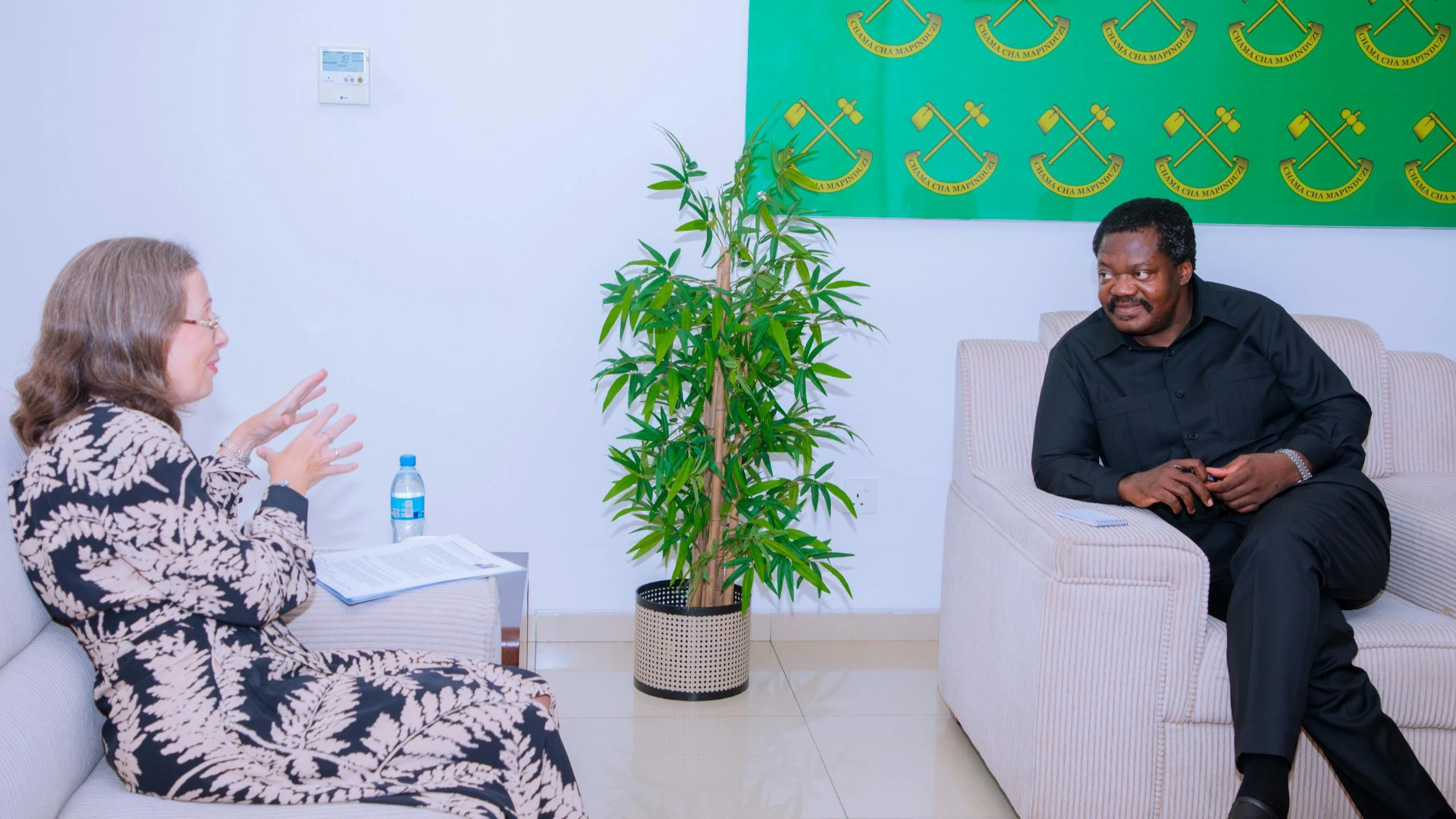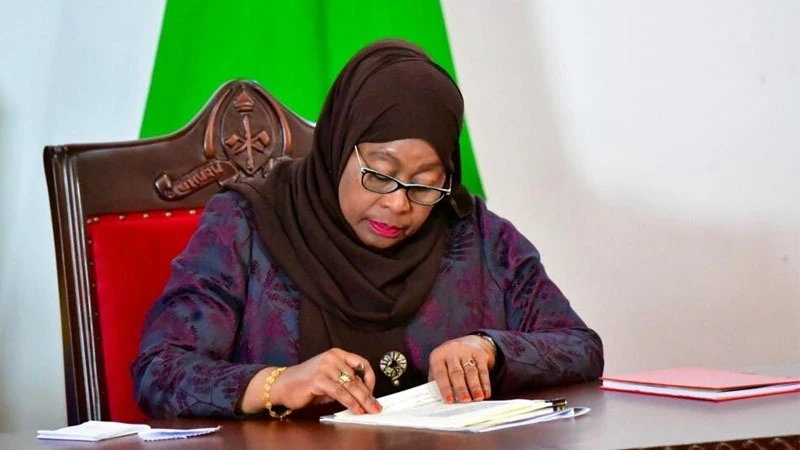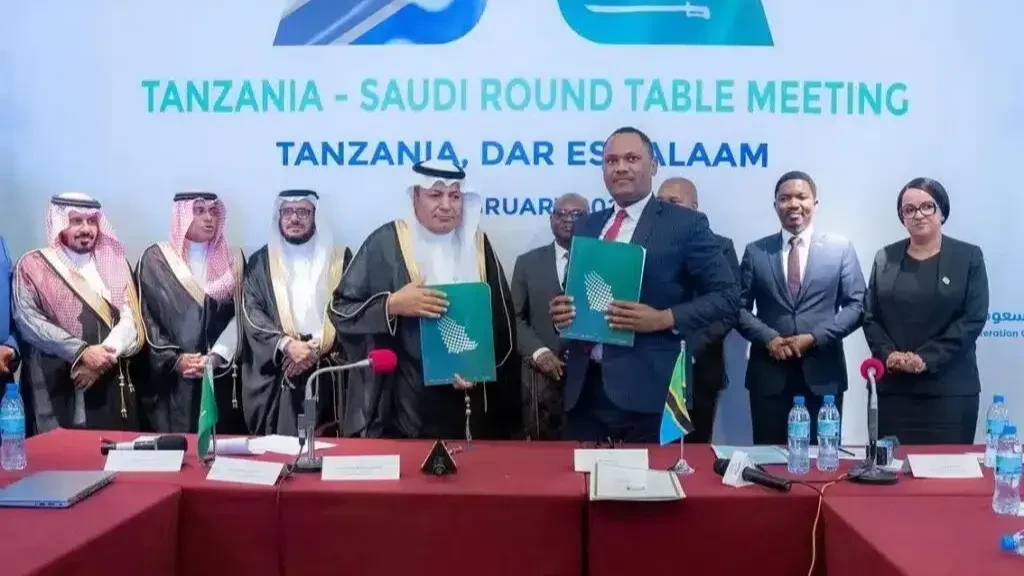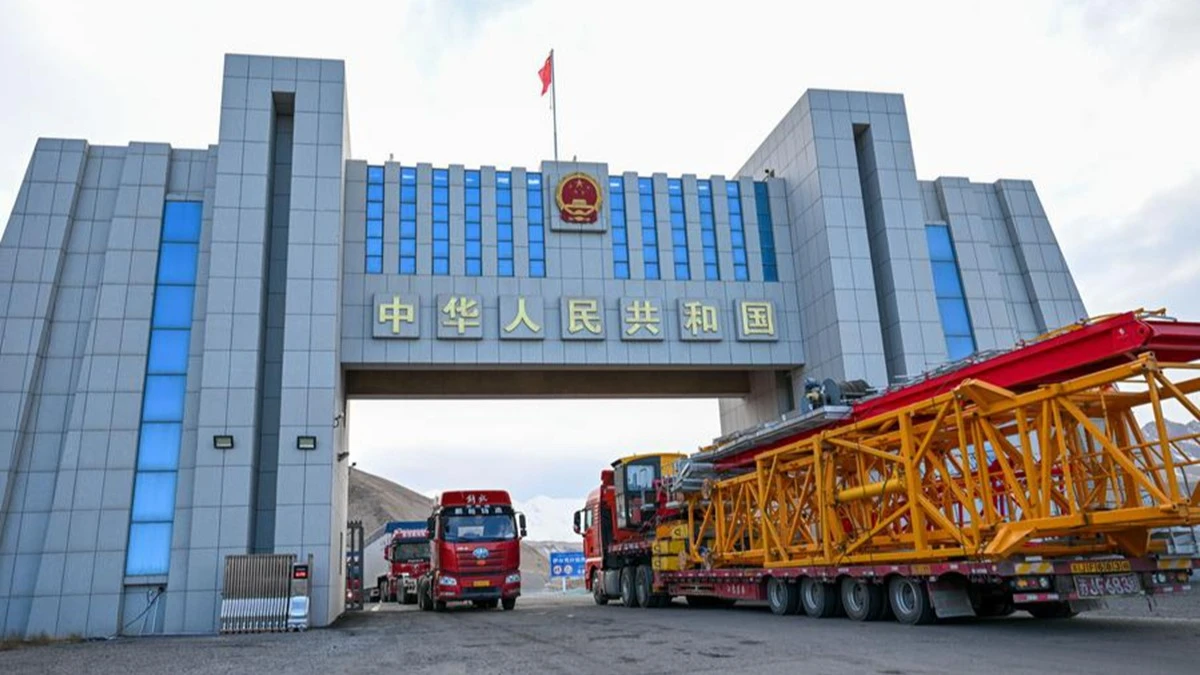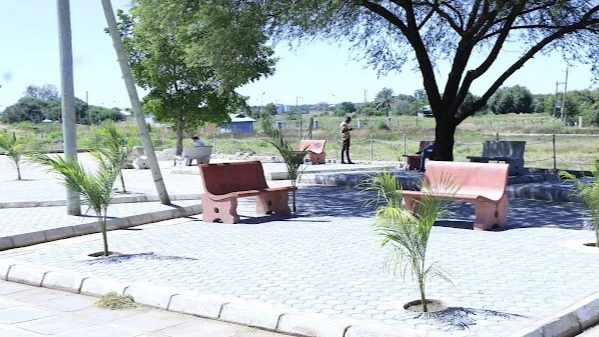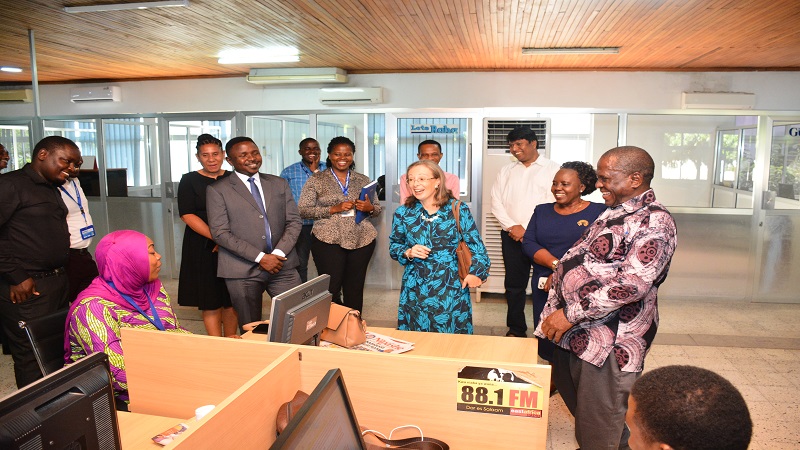Religious teams offer views on ‘Vision 2050
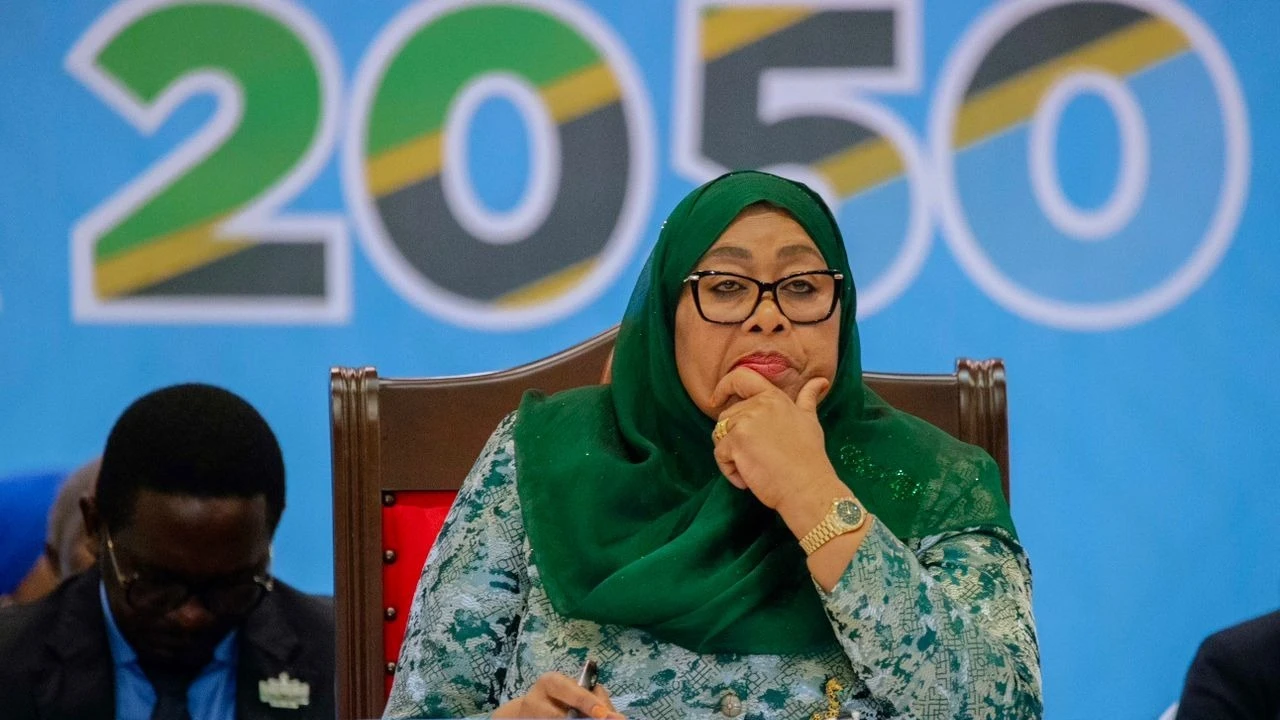
THE Christian Council of Tanzania (CCT) has emphasized the need for enshrining the need for simplifying business regulations in the coming National Development Vision 2050.
Azgard Stephen, the CCT director of development and advocacy, made this appeal in Dar es Salaam yesterday at an interfaith committee meeting, highlighting ongoing complaints from entrepreneurs about the complex process of obtaining permits, as well as taxes.
These cumbersome processes often lead to tax evasion, which in turn harms the national economy, he said, stressing the need to simplify business regulations by reducing the number of permits required.
This will help to streamline business operations and accelerate national development, he stated, urging the government to address this issue by establishing a more efficient system.
Any good system would enable businesses and the general public to pay taxes fairly and easily, without unnecessary coercion, he said, noting that the council has also examined the role of science and technology.
“Considering the rapid global changes and ongoing technological revolutions, we propose that diplomacy be a key driver of development, allowing Tanzania to better engage in international trade and secure a stronger position both regionally and globally,” the director intoned.
The government also needs to focus on creating a favourable environment for the private sector to thrive, instead of solely concentrating on public enterprises, he asserted.
“In addition, good governance practices and the reduction of corruption need to be prioritized. However, the Vision 2050 does not sufficiently address corruption as a major barrier to development. Therefore, the vision must explicitly state that corruption is an enemy of development, and we must actively combat it,” he further appealed.
Sheikh Mohamed Khamis, the Muslim Council of Tanzania (BAKWATA) deputy secretary general, suggested that the government should consider joining international organizations that could assist in promoting economic growth and development.
Anti-corruption education needs to be incorporated into school curricula to raise awareness among children and encourage them to reject corruption, he said.
He further proposed improving healthcare services by building health centres at the local and village levels, reducing treatment costs and strengthening peace-building initiatives.
“Improving research activity is crucial to uncovering new opportunities,” he said, pointing at the need to draw up a structured timetable for learners in public and private schools to participate in extracurricular activities.
This needs to go in tandem with enhancing the use of ICT in service delivery, he stated, while Dr Camilius Kasala, a publicity official for the Tanzania Episcopal Conference (TEC), advised that the national vision should ensure Tanzanian families have access to healthcare, food security, and opportunities for social participation.
He stressed on the need to provide families with the tools and resources necessary for financial security and economic stability.
Strengthening adult education programmes would help families engage with communities, fostering self-confidence and enabling them to participate in inclusive activities that promote economic uplift, he said.
“It is also vital to provide young people with the skills, tools and opportunities they need to engage with and contribute to various sectors, including the creation of jobs that will provide them with stable incomes,” the TEC specialist intoned.
Top Headlines
© 2025 IPPMEDIA.COM. ALL RIGHTS RESERVED








